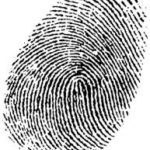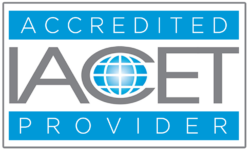 Perhaps we all have heard the saying, “show me who your friends are (or what you love) and I will tell you who you are”. Our actions are generally a pretty accurate indicator of who we are. Actions or behaviors speak volumes about an individual.
Perhaps we all have heard the saying, “show me who your friends are (or what you love) and I will tell you who you are”. Our actions are generally a pretty accurate indicator of who we are. Actions or behaviors speak volumes about an individual.
As educators, it is vitally important how we answer the question of “who am I?” Yes, you may be a teacher, a counselor, or a principal, but these are roles and not identities. It turns out that “who we think we are” in a given situation will determine our actions.
The seventh Institute for Excellence in Education (IEE) belief is: Individuals’ behaviors are governed by the identities and beliefs they hold.
Robert Dilts identified different levels of learning (Nested Levels of Learning) that highlight the importance of identity. Dilt’s first level of learning is identity. For example a teacher may hold the identity of a conveyor of knowledge, a helper, a caregiver or an expert in their content. So, who one thinks they are, is the foundation of learning. Identity answers the WHO.
The second level is that of beliefs. Our deep, gut-level beliefs and values are powerful in determining our actions. If, for example, a teacher believes that all students can learn AND it is their job to ensure that happens for all students, then those beliefs will be played out in the choices they makes on a daily basis. Beliefs and values answer the WHY.
The third level is capabilities. What skills and capabilities do we possess or what have we learned that support our identity and beliefs? Do we understand and can we apply Bloom’s Taxonomy? Have we received training in cooperative learning? Do we have knowledge of the needs and characteristics of the students in our class? These are all skills that we hold and will apply given our identity and beliefs. Capabilities and skills answers the HOW.
The final level of learning is that of behavior or actions. Ultimately we act in any situation based on who we think we are in that particular setting, the values and beliefs we hold around that identity, and the skills we possess. The hundreds of decisions we make each day as educators come from a place deep inside of each of us. Our actions stem from our identity. Behaviors answer the question of WHAT.
What is your identity? What are some of your most deeply held beliefs about teaching and learning? What skills do you possess? The answers to those questions will tell others what actions they will see you make.

